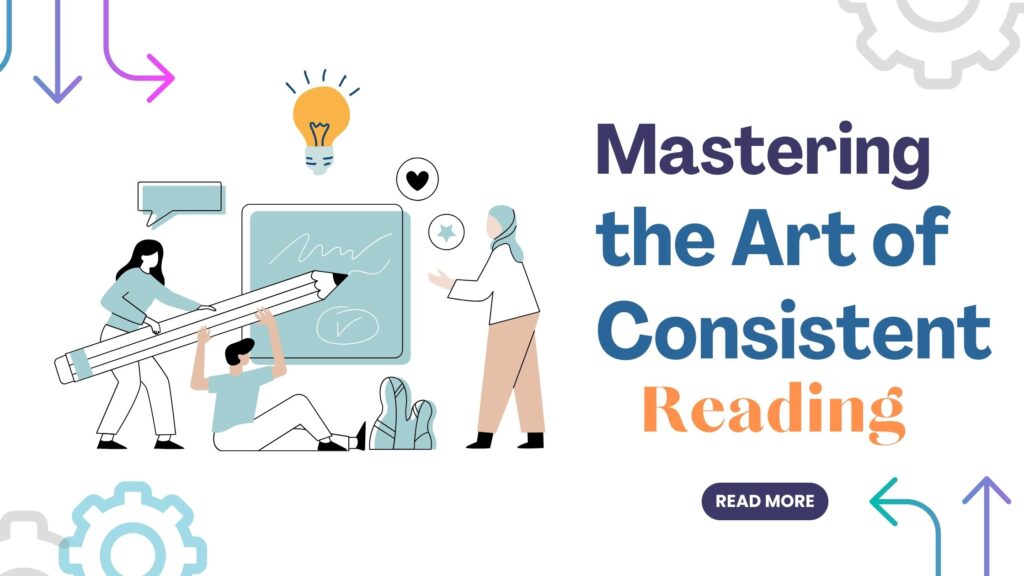
Starting your first-ever management role can feel like jumping into the deep end. One day you’re an individual contributor responsible only for your work. The next, you’re suddenly leading a team and responsible for catalyzing their success.
It’s a tricky transition that requires developing new skills and perspectives. The responsibilities of management from strategic thinking to hands-on coaching can be daunting without experience to draw from.
However, with the right strategies, first-time managers can thrive in their new roles and build high-performing teams. In this post, let’s explore the hurdles new managers face and how to tackle them head-on.
Navigating the Transition to Management
Stepping into a management position for the first time inevitably involves some growing pains. Here are some of the biggest challenges new managers face:
- Adapting your mindset – You now need to focus on the team’s overall goals rather than just your work. This involves a mental shift.
- Building credibility – Without extensive experience, you must establish authority through expertise, building relationships, and leading by example.
- Making tough calls – First-time managers often struggle with big decisions. Rely on data, others’ input, and your instincts.
- Managing competing priorities – Juggling your team’s needs, stakeholder demands, and personal life requires top-notch organization and delegation abilities.
The key is anticipating these challenges and purposefully developing the skills needed to address them head-on. Let’s look at some of the core competencies critical for first-time managers.
Developing the Key Skills for Management Success
Mastering these fundamental skills forms the foundation for excellence as a new manager:
Communication
- Listen actively – Allow others to share ideas and concerns without interruption. Reflect back on key points to ensure mutual understanding.
- Adjust your style – Tailor how you communicate for different settings, individuals, and objectives. Know when to be formal or informal, direct or collaborative.
- Provide candid feedback – Offer regular, thoughtful feedback to help team members improve. Praise good work and provide constructive criticism.
Delegation
- Assess team strengths – Take time to understand what each person excels at and where they need growth. Assign tasks accordingly.
- Set clear expectations – When delegating work, provide clear directions and explain desired outcomes. Check for comprehension.
- Allow autonomy – Once you’ve assigned work, give team members the freedom to determine how they accomplish it. Avoid micromanaging.
Motivation
- Praise and recognize – Notice both big and small achievements. Give public and private recognition to reinforce positive behaviors.
- Foster engagement – Build personal relationships, encourage collaboration, and celebrate wins to drive motivation.
- Set stretch goals – Establish challenging but attainable goals. Provide support to reach them. Stretch goals drive growth.
Decision-Making
- Get input, then decide – Seek perspectives from your team, but take ownership of final decisions. Explain your rationale.
- Move quickly and adapt – Make timely calls, adjust as needed based on outcomes, and don’t second-guess once you commit.
- Learn from experience – Reflect on past decisions to gain insights for improving your process. Strive for continuous improvement.
Conflict Management
- Address issues head-on – Tackle conflicts immediately and impartially. Hear all sides of the story first.
- Find the source – Identify the root cause of problems rather than just the outward symptoms. This enables win-win resolutions.
- Follow up – After resolving conflicts, check in with involved parties to ensure the issues were handled effectively and the resolution stuck.
Developing these core skills empowers first-time managers to lead teams through the diverse challenges of their roles. But management mastery requires more than just competencies – it requires the right leadership strategies and mindset.
Best Practices for First-Time Management Success
Beyond specific skills, adopting these leadership best practices sets new managers up for ongoing excellence:
- Set clear goals and metrics – Establish unambiguous team goals and individual performance expectations. Align goals to organizational objectives.
- Promote collaboration – Build an encouraging, participatory team culture. Solicit ideas from your team and allow collaborative work.
- Coach through feedback – Provide regular, balanced feedback on performance. Focus on improvement.
- Champion continuous growth – Seek feedback yourself. Reflect on successes and failures. Never stop learning and progressing.
- Support your team – Advocate for your team’s needs. Remove roadblocks. Develop and empower your players.
Adopting a Growth Mindset
Finally, some key mindset shifts enable first-time managers to reach their full leadership potential:
- Remain flexible – What works well for one team or situation may fail with another. Stay adaptable in your approach.
- Learn from mistakes – Errors and failures are learning opportunities, not reasons to beat yourself up. Reflect on them objectively.
- Ask for help – Use mentors and other managers as resources when you reach the limits of your own experience. Stay humble.
- Focus on gradual improvement – Don’t expect perfection overnight. Leadership skills develop with deliberate practice over time.
While becoming a great manager takes work, it is an incredibly rewarding journey. Approach your first management role with an eagerness to learn, develop your emotional intelligence, and continuously expand your leadership toolkit. Before long, you’ll have mastered the art of management success.


